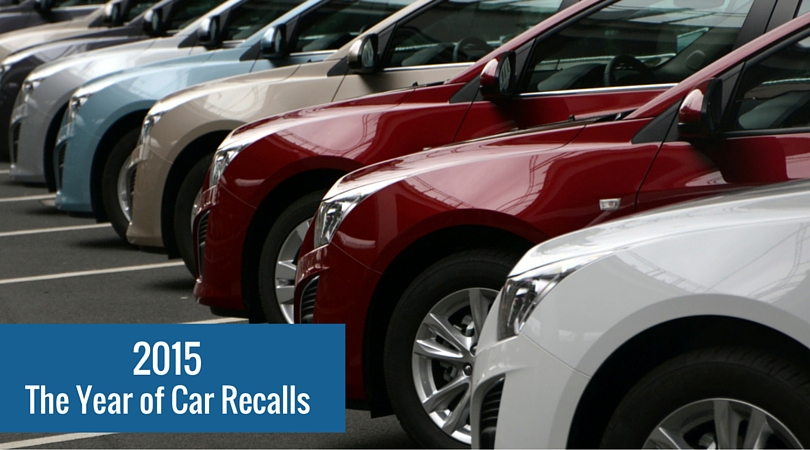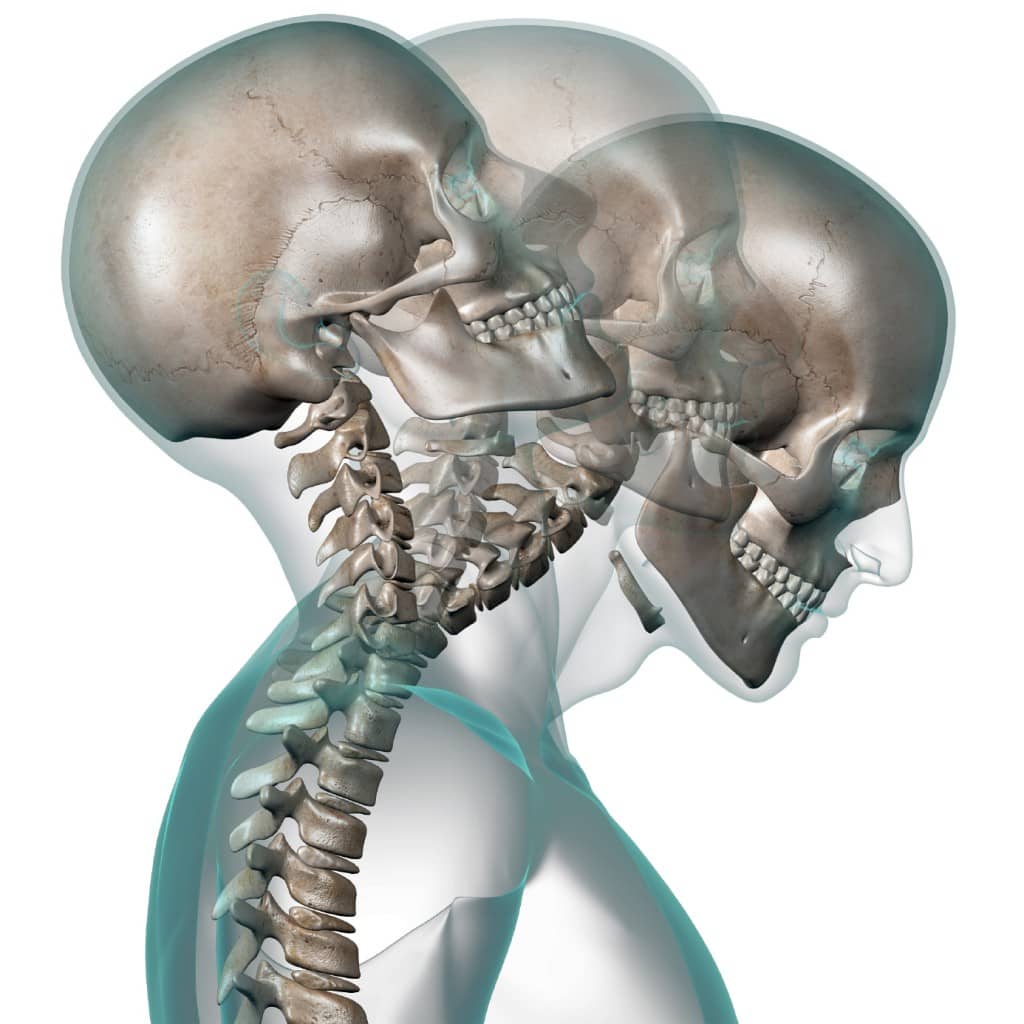How Trucking Companies Can Prevent Large Truck Accidents
The trucking industry poses a threat to passenger vehicle drivers on the road, because of the sheer size of large truck vehicles and the power they wield in overtaking other motorists. The Insurance Institute for Highway Safety Highway Loss Data Institute reports the majority of fatalities in accidents with large trucks are those of people in passenger vehicles. Trucking companies and their drivers are key to preventing large accidents and keeping everyone roads safe.
Some of the most common factors prevalent in trucking accidents include:
- Slow braking: Loaded tractor trailers take up to 40 percent farther to come to a complete stop compared to cars
- Hazardous road conditions: Because large trucks require longer reaction times because of their size and braking capabilities, wet and slippery roads pose a threat
- Fatigue: While it’s legal to drive up to 11 hours at a time without resting, drivers may exceed that amount of time or neglect taking breaks when tired
No amount of business is worth putting others in danger or taking people’s lives because of negligence. A trucking business should follow these steps to prevent trucking accidents and ensure motorists are protected.
Follow All Legal Regulations
All mandates set forth by the Federal Motor Carrier Safety Administration (FMCSA), including commercial licensing and registration, should be followed. The Truck Size and Weight regulations provided by the U.S. Department of Transportation Federal Highway Administration must be adhered to. Besides obtaining proper permits and licensure, vehicles should be regularly inspected to ensure they’re operating at optimal performance. Testing should focus on proper tire performance, engine functionality, proper electrical wiring and braking, and overall truck functioning. All safety equipment, including lights and reflectors, should all work properly to protect truck drivers and other motorists.
Hire Responsible Drivers
Before a driver is hired for your company, you should delve into their entire driving history to identify any potential risks. Hire thoughtfully by doing diligent research, rather than favoring quickness in filling roles. Any potential hire who has driven under the influence in the past is a red flag, while you should also be wary of drivers who have moved from company to company without working at one for a significant period of time. A driver with a spotty record may put your company at more risk in a lawsuit if that driver is involved in an accident.
Require Proper Rest
Sleep and rest should always be prioritized over productivity. Besides requiring drivers to follow legal rest regulations, your company should eliminate incentives for driving faster or farther. The Centers for Disease Control and Prevention reports drowsiness decreases attention to the road, impairs reaction time and affects decision-making ability, all factors that are essential to safe driving in any vehicle.
Because large trucks require even more time for safe braking and reactions, staying alert at all times is vital.
Ban Distractions
Drivers should never be allowed to use a technology device while driving, like a smartphone, and use of mobile phones and texting is prohibited, according to FMSCA regulations. Any communication to the driver should be received hands-free, and drivers should be encouraged to pull over and stop before making any calls. Listening to music and talking with passengers should also be discouraged.
Implement Better Training
Driving a large truck is incredibly different than operating a passenger car. Besides requiring your fleet of drivers to obtain proper licensure, you should also institute additional training, since poor driving decisions contribute to crashes. Truck driving is the deadliest job in the United States, according to the United States Department of Labor Bureau of Labor Statistics, accounting for more than a quarter of work-related fatalities. Go the extra mile by recommending regular training so all drivers can operate at their best level.
Properly Secure Hazardous Materials
In the event an accident does occur, adding to bodily dangers is the release of any hazardous materials, such as chemicals or explosives. Anything that is dangerous and is transported should be securely stowed so that it doesn’t spill onto people or the road in an accident. A truck should be properly labeled as carrying hazardous materials, as well, and should only travel on roads they’re legally allowed to.
Stay Protected in a Trucking Accident
Even when owners take all the proper precautions for their vehicles and driver safety, an accident may still occur. It’s important that a victim of a trucking accident contact an experienced truck accident injury attorney that understands all the rules and regulations that should be followed for their state. If you have been the victim of a large truck or 18-wheeler an attorney can file a lawsuit on your behalf of the victim.







